The November 2019 Top 500 List has just added Cannon, and we're very pleased to say we've ranked #144 overall and # 7 on the US academic list. We and the Harvard FAS are very proud to have Cannon in such a prominent position in the list. It demonstrates Harvard's commitment to pushing the envelope to provide its researchers with…
Margaret Mcfee
Harvard/Yale meetup at MGHPCC
by Maggie McFee - Nov. 13, 2019 While attending the PEARC conference, Maggie and Austin ran into some of our Yale Research Computing counterparts: Kaylea, Robert, and Ben. While there's an intense sports rivalry between the two schools, this wasn't the case with our RC departments. We really hit it off well and we talked about our similarities, differences,…
A Cautionary Tale
by Paul Edmon, October 16, 2019 First, in order to not bury the lede, if you are a chemist using or have used the "Willoughby-Hoye" python scripts please be advised that there is a bug which may impact your results. It is advised that you re-verify your results with the updated patched version. See these articles for more details: https://pubs.acs.org/doi/10.1021/acs.orglett.9b03216…
Convergent regulatory evolution & loss of flight in paleognathous birds
The Evolution of Flightless Birds: Study explores the genetics behind how they developed "Since Darwin’s era, scientists have wondered how flightless birds like emus, ostriches, kiwis, cassowaries, and others are related, and for decades the assumption was that they must all share a common ancestor who abandoned the skies for a more grounded life. By the early 2000s, new…
FASRC Cluster Refresh 2019
As of the November 2019 rankings, Cannon has ranked #144 on the Top500 list! For current cluster details, please see: https://www.rc.fas.harvard.edu/about/cluster-architecture/ For current partition configurations and changes, please see the Running Jobs page The lease on the Odyssey compute cluster comes to an end this year, and a hardware refresh of the cluster will occur in September. Current ETA for…
Deep learning of aftershock patterns following large earthquakes
Phoebe M. R. DeVries, Fernanda Viégas, Martin Wattenberg & Brendan J. Meade "Aftershocks are a response to changes in stress generated by large earthquakes and represent the most common observations of the triggering of earthquakes. The maximum magnitude of aftershocks and their temporal decay are well described by empirical laws (such as Bath’s law and Omori’s law), but explaining and forecasting…
Unraveling the Stellar Content of Young Clusters
"CfA astronomers Rafael Martinez-Galarz and Howard Smith and their two colleagues have developed a new statistical analysis technique to address the problem of confused SEDs in clustered environments. Using the highest spatial resolution images for each region, the team identifies the distinguishable stars (at least this many are in the cluster) and their emission at those wavelengths." More at the…
Revisiting the Six City Study
"Last June, eight new Harvard-affiliated researchers revisited the study, using new technologies and innovations in statistical analysis and examining Medicare data—the largest and most public dataset available documenting the health of U.S. citizens—thus presumably averting renewed charges of secret science (an issue raised anew by current EPA administrator Scott Pruitt). Their findings breathe new life into the main conclusion…
Mapping Invisible Ocean Pollutants
Prof. Elsie Sunderland's lab seeks to build a picture of pollutants which threaten our oceans. “People struggle with this idea that we could impact planetary level processes. But we do. There’s irrefutable evidence on many, many scales that we’re changing the natural functioning of these ecosystems.” Read more in Harvard Magazine's full story
Service Center & Billing FAQ
FAS Research Computing has moved storage and compute services to a cost model in order to meet the demands of our userbase which includes labs outside of the FAS. Having the same cost structures across all of the Schools/Institutes at Harvard will allow FASRC to be better aligned to a number of regulations and requirements. Most of the schools are…

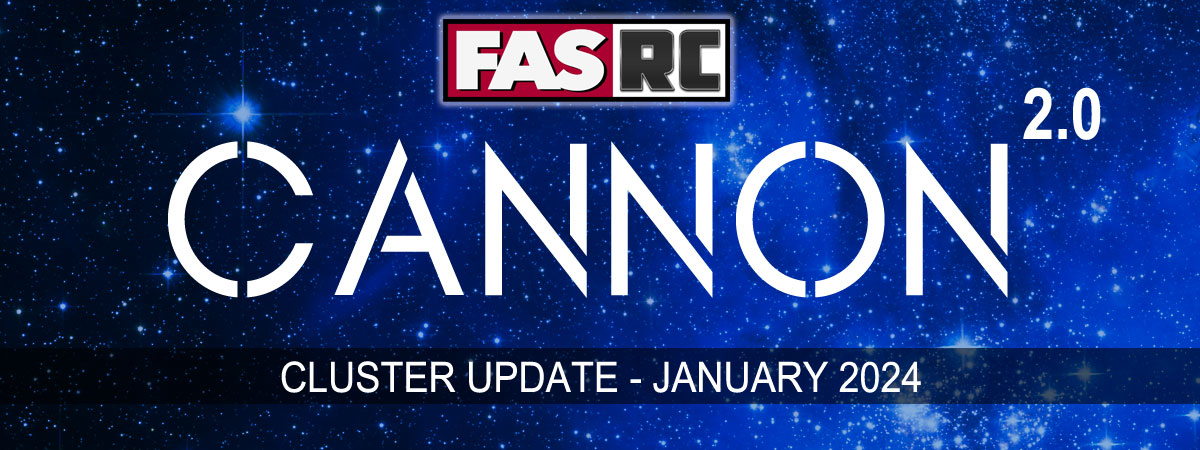
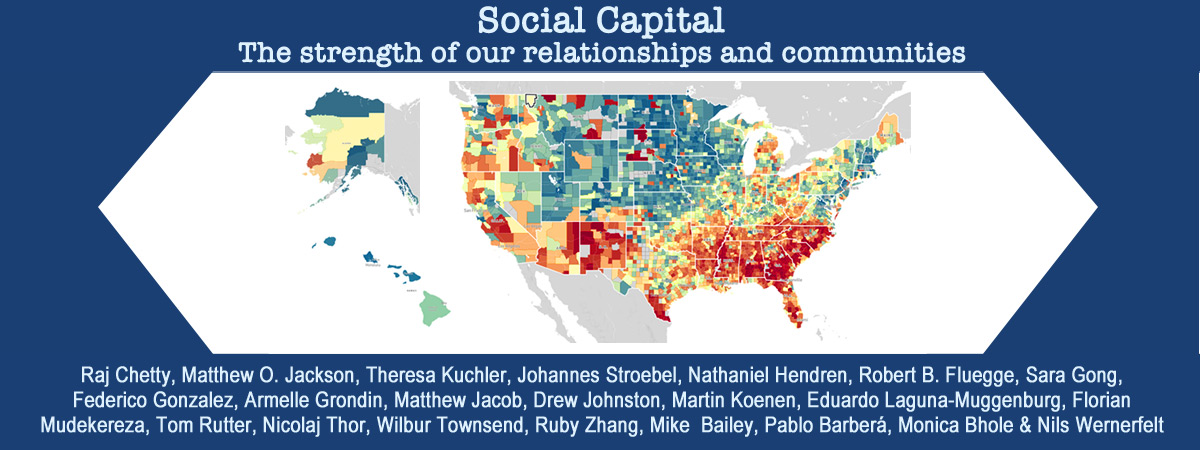
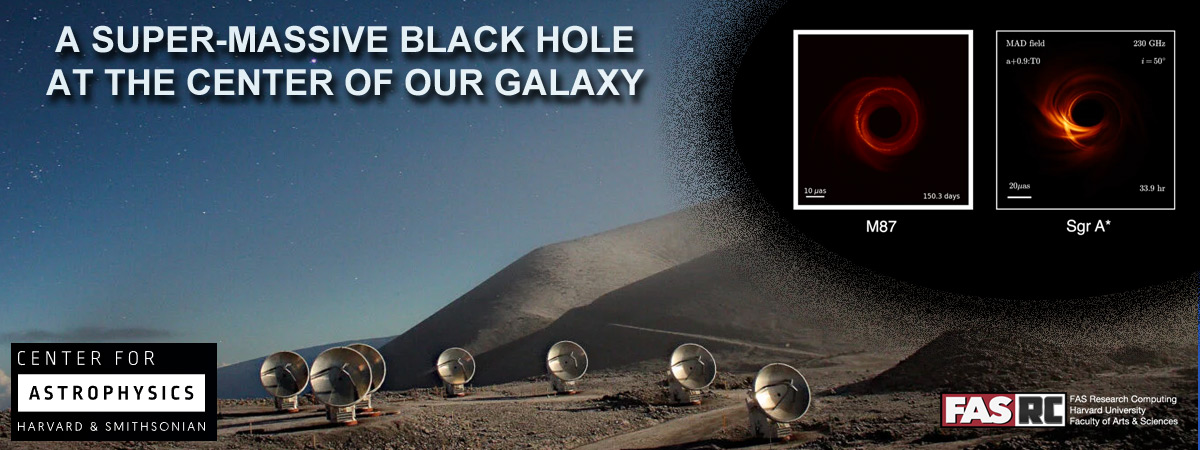
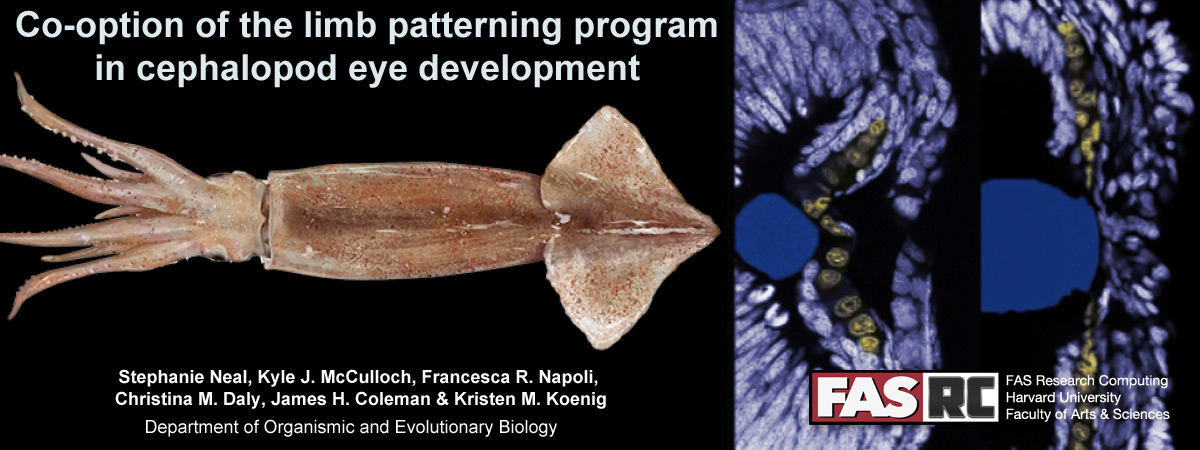
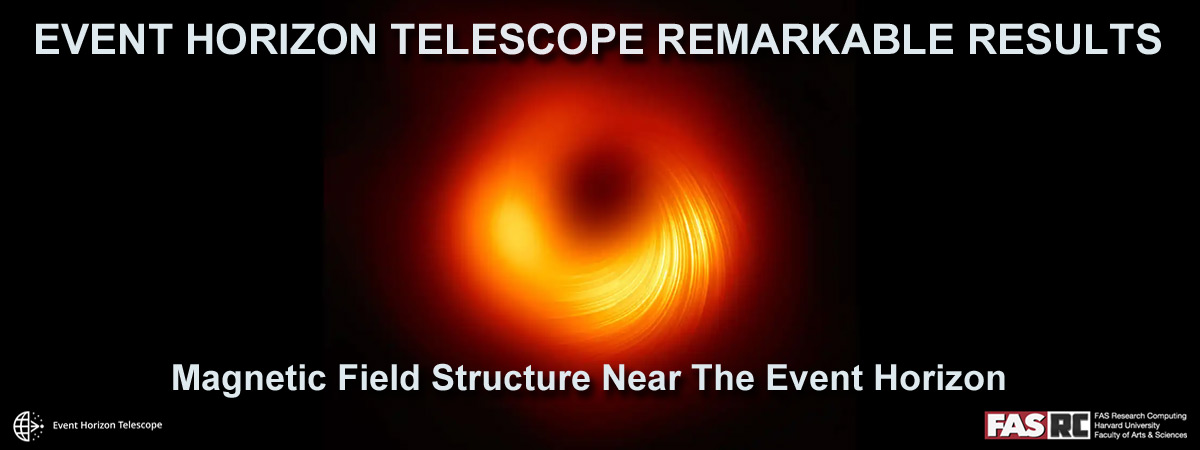

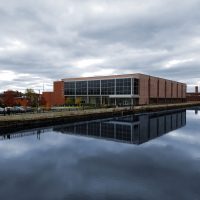

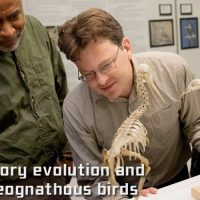

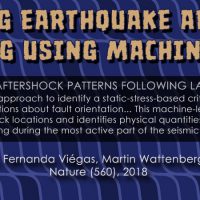
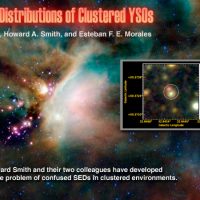
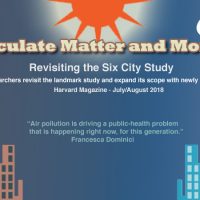
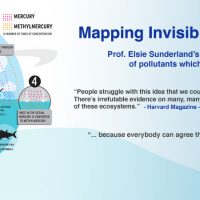
You must be logged in to post a comment.